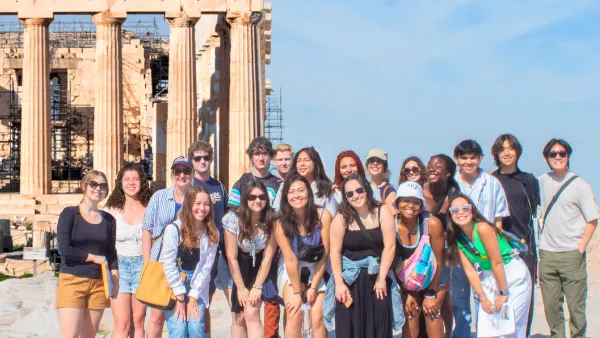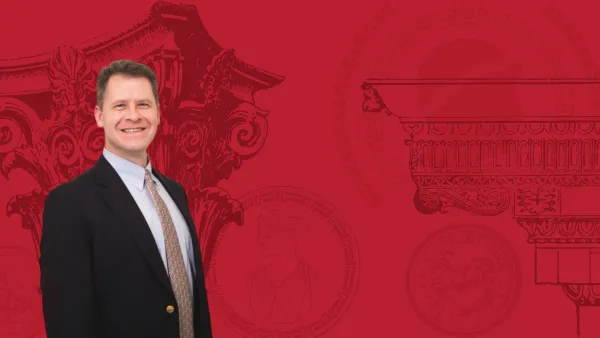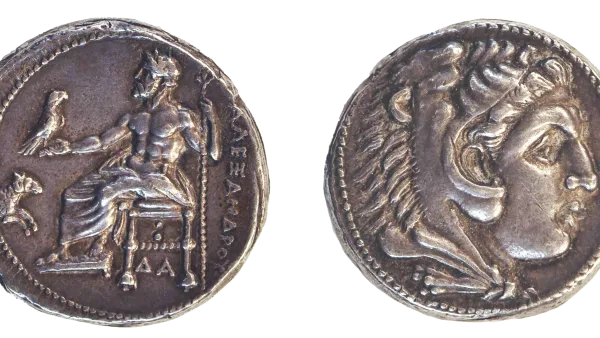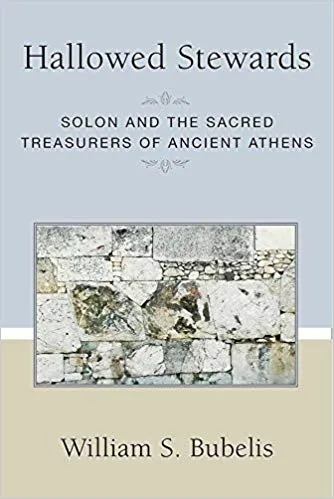For the ancient Greeks, religion lay at the very core of all that they valued, thought, accomplished, created, and experienced. The correct worship of the gods constituted one of the great drivers of all social interaction and structure, be that in matters of war or of housekeeping. The religion of the ancient Greeks stands therefore as one of the most important, surprising, varied, and challenging domains of ancient society that we can study and it has formed an essential part of Classics since the very inception of this discipline some seven centuries ago. There is no text, no image, no place, no idea, no act, and no object that did not partake of or was somehow deeply informed by religious experience, belief, and practice.
We will explore thematically a range of major topics ranging from the nature of myth and the actuality of animal sacrifice to the architecture of temples and the development of tomb cult, especially for heroes, in early Greece. We will pay special attention to the nature and limitations of our evidence and to methodological problems, as well as to an array of perspectives and questions. Concepts such as pollution, sin, purity, and the afterlife will be frequent topics of discussion, and most of our course will focus on the archaic and classical periods. We will therefore spend time elucidating as wide a range of what constitutes 'ancient Greek religion' as possible, including the role of curse tablets and magic, the mystery cults, the prevalence and function of oracles, the introduction of new gods and cults and non-Greeks, and much more. By virtue of the evidence at hand, much of our attention will be devoted to Athens, but we will also elucidate other histories and religious phenomena across the Greek world, spatially and chronologically, wherever possible.
Our practical objectives include achieving broad as well as incisive knowledge of ancient Greek world in its manifold varieties and dimensions, as well as a deep familiarity with an important branch of scholarship devoted to it. In addition, the two assigned papers will constitute important practice in the development of students' abilities to write logical, clear, and properly substantiated research papers, while the presentations and discussion will further students' abilities to develop and defend their ideas and scholarly arguments.





